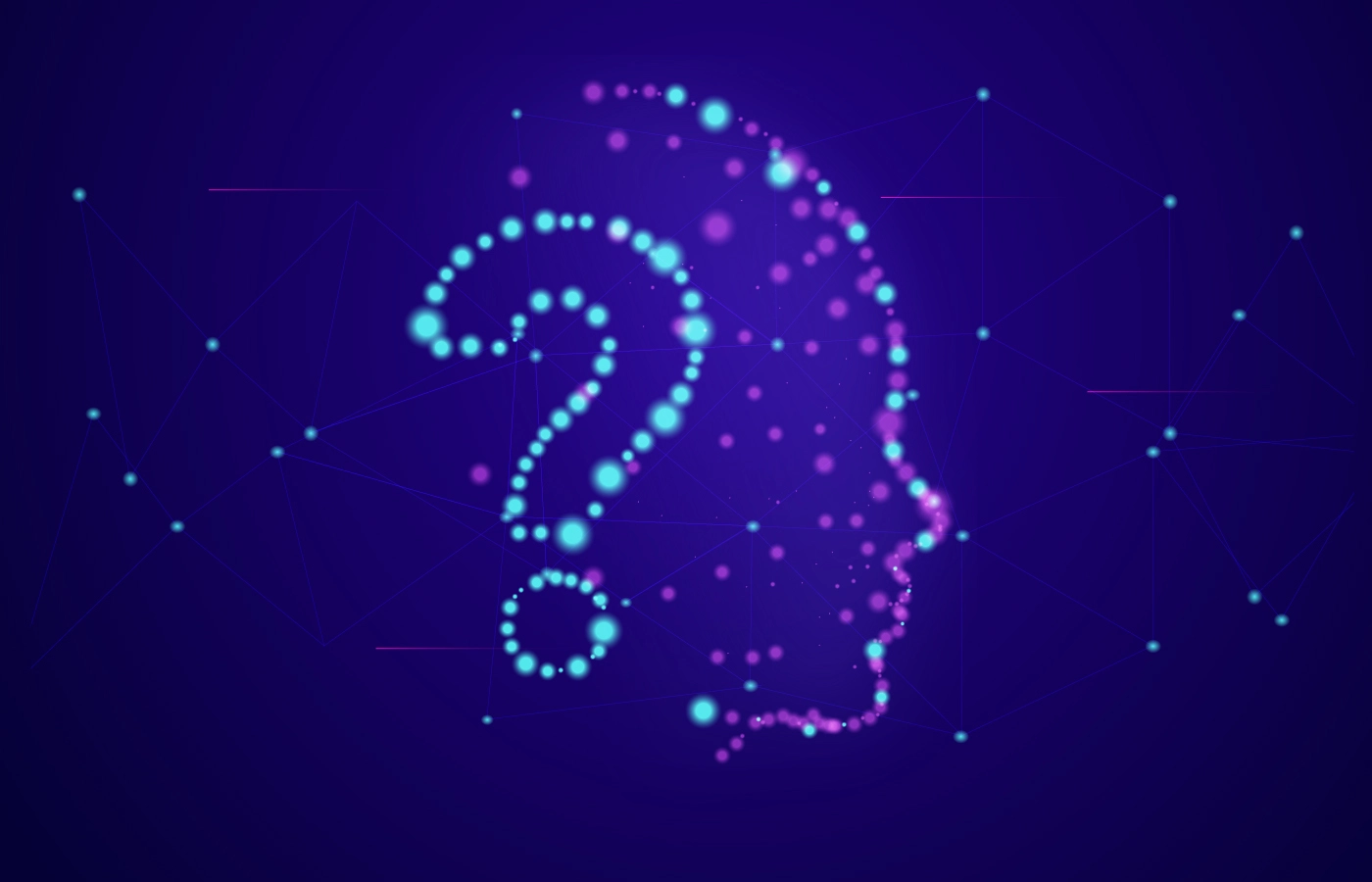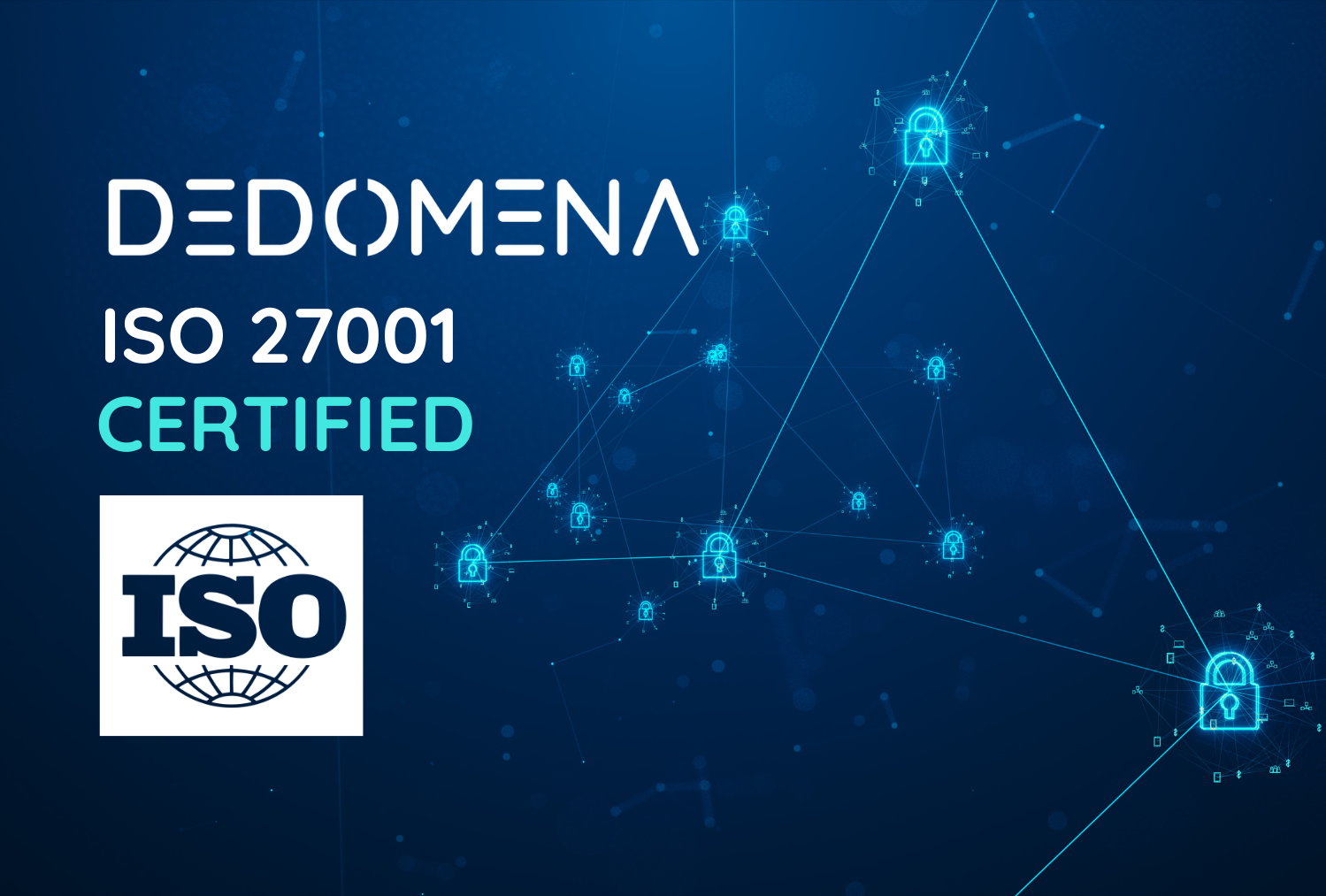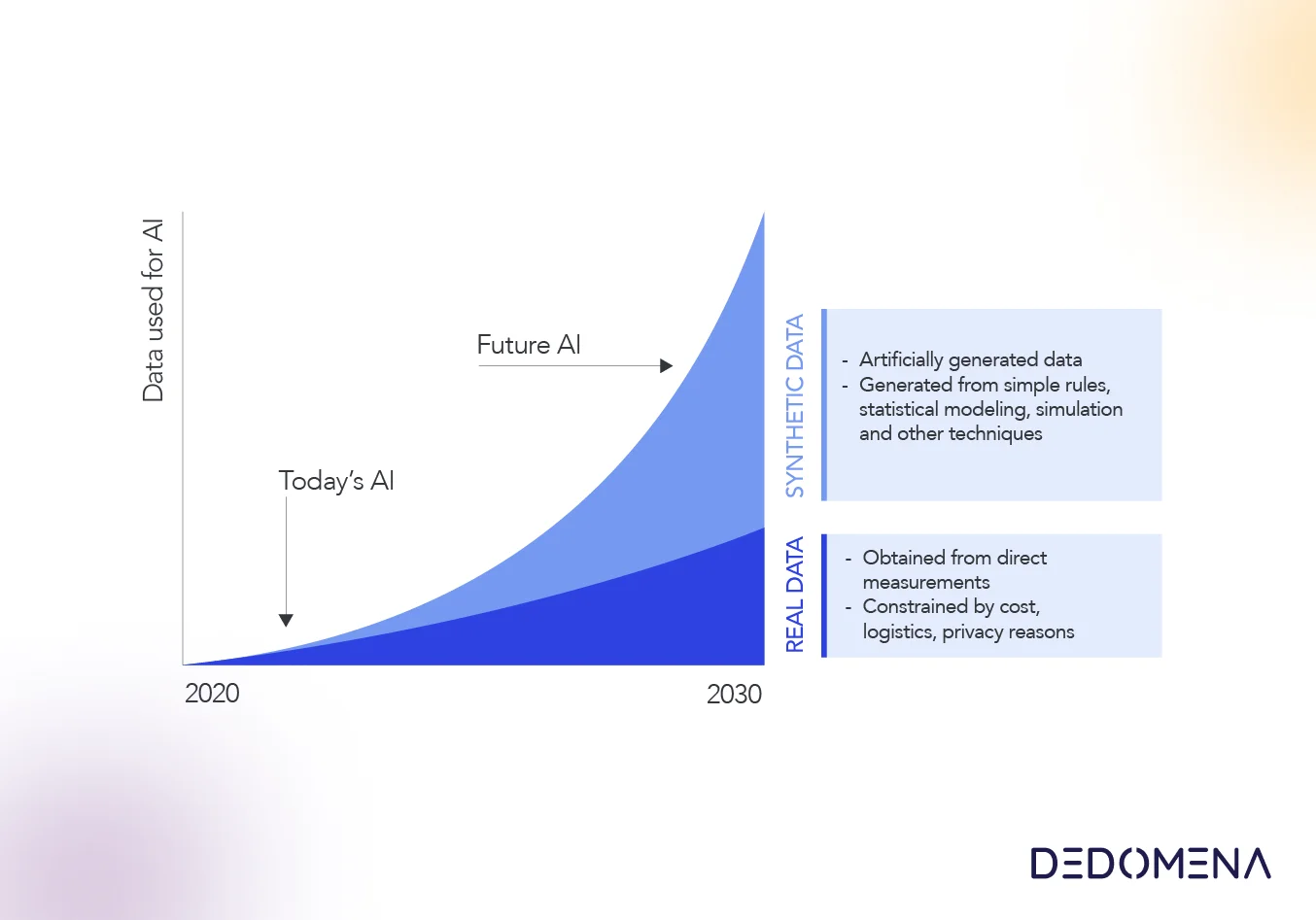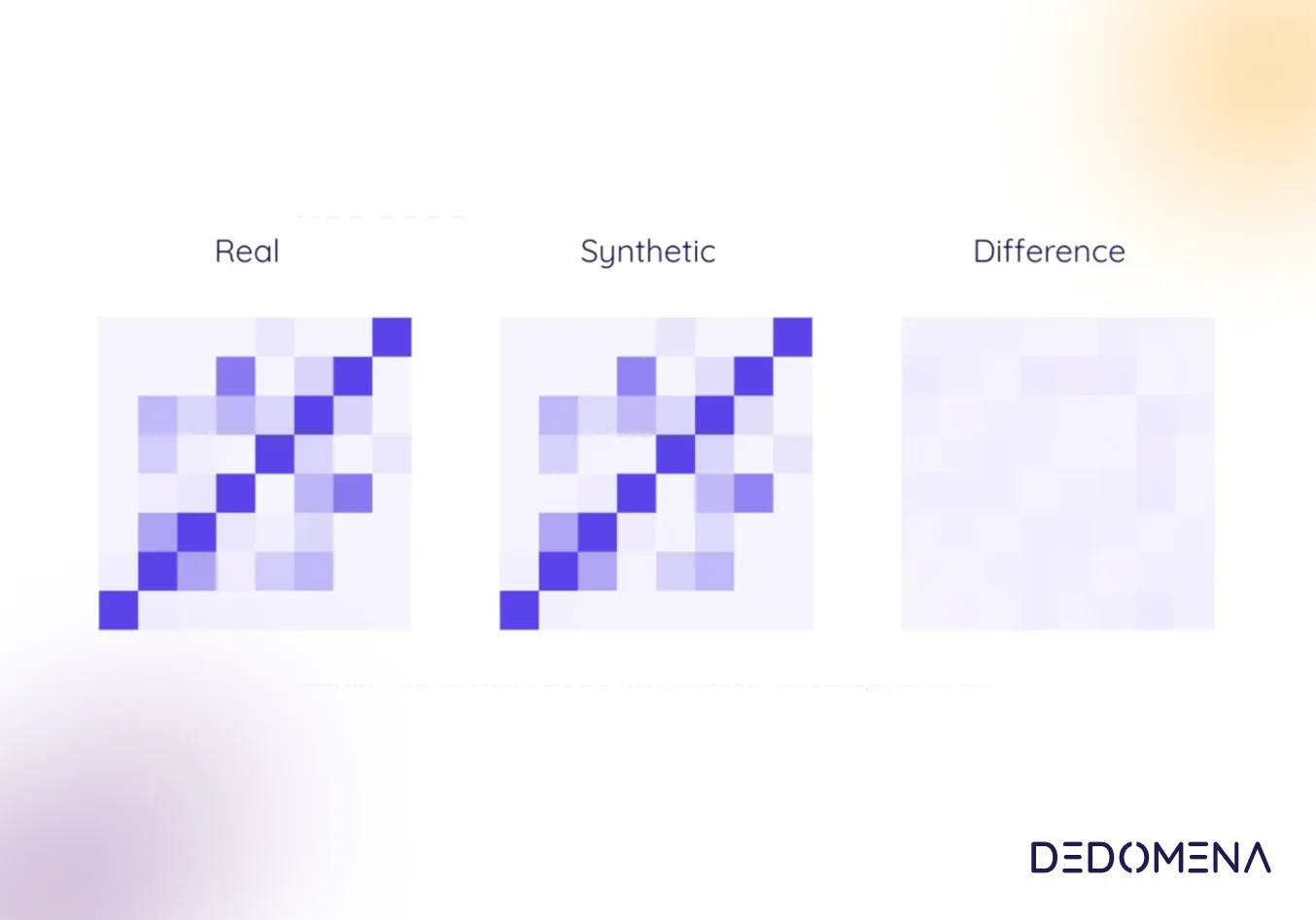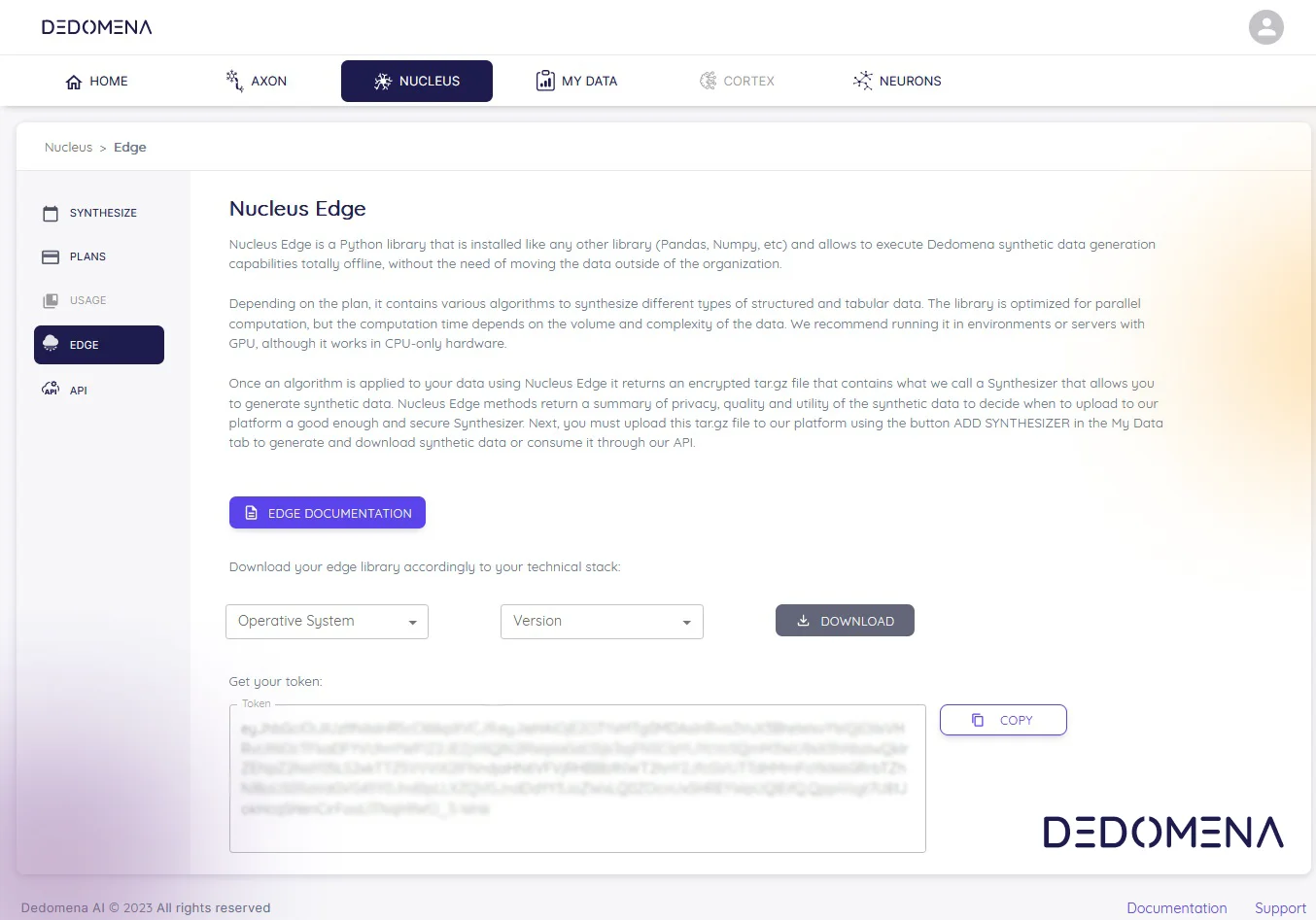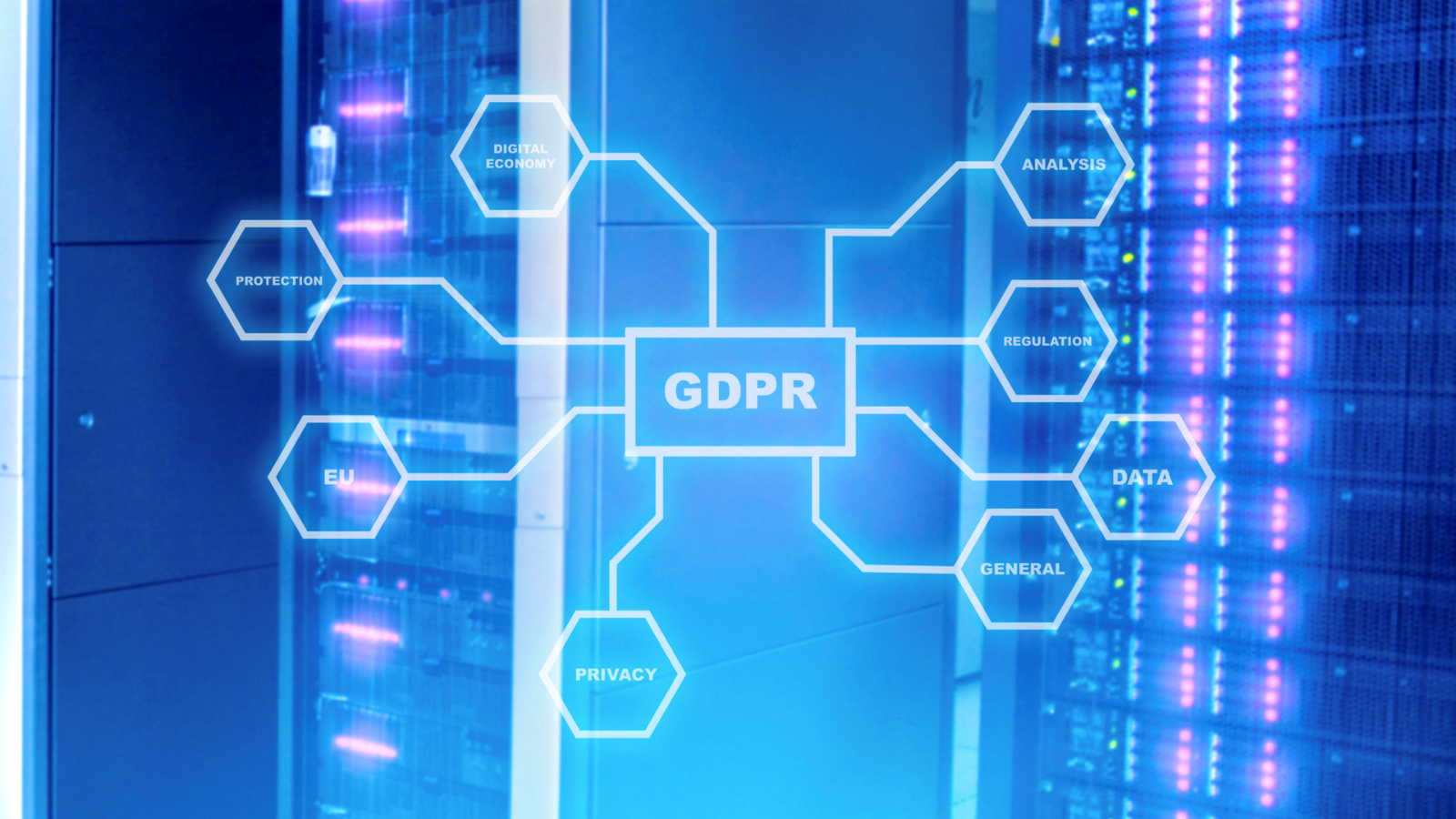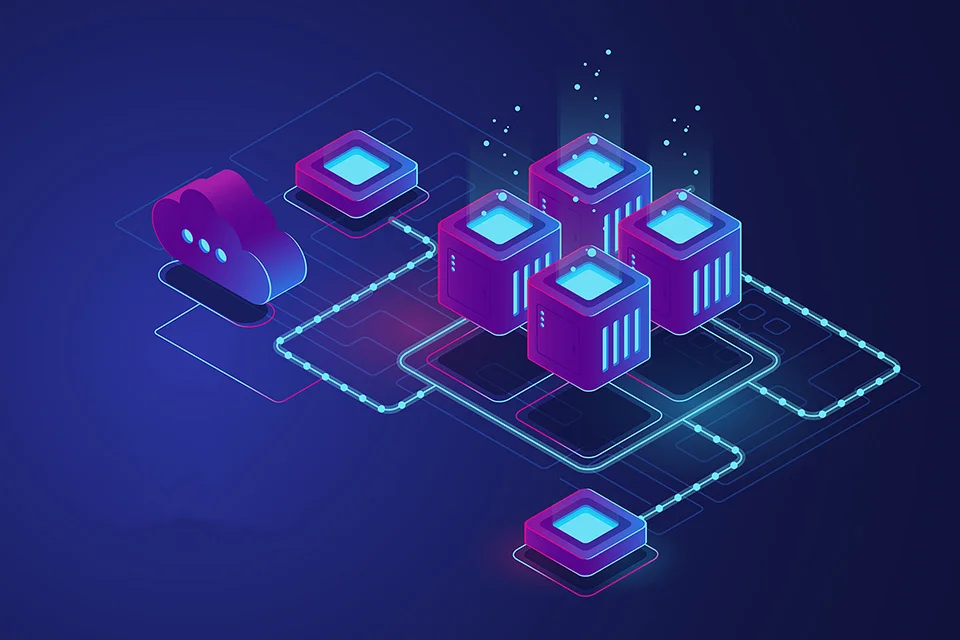Artificial Intelligence (AI) is reshaping the business landscape at an unprecedented pace, offering immense opportunities for innovation and efficiency. However, this technological advancement also comes with significant responsibilities—particularly regarding ethics, security, and data privacy.
The European Union’s Artificial Intelligence Act (EU AI Act) will soon begun to take effect, and companies that fail to comply may face fines of up to 7% of their global annual turnover. Yet beyond the potential penalties, this regulation is an opportunity to do things right from the outset: to develop and deploy AI responsibly, securely, and with full traceability.
Meeting the EU AI Act requires a proactive and structured approach. For organizations, this translates into three urgent steps that must be addressed immediately:
Step 1: Inventory of AI Systems
Do you know how many AI systems are operating in your organization? And which ones may pose a regulatory risk?
This extends beyond obvious solutions; it includes any algorithm, model, or application that incorporates AI principles—from customer service chatbots to supply chain optimization systems or predictive analytics tools. Without a thorough inventory, companies risk regulatory blind spots and significant compliance exposure.
At Dedomena.AI, we simplify this critical first step with a comprehensive catalog of ready-to-use AI models, classified by risk level and equipped with metrics for robustness, traceability, and privacy.
Our modular and transparent framework enables you to:
-
• Quickly identify deployed models.
-
• Assess their risk level according to EU AI Act criteria.
-
• Prioritize corrective or adaptive actions based on compliance needs.
Step 2: Risk Classification
The EU AI Act requires mandatory classification of AI systems by their level of risk—minimal, limited, high, or prohibited. This classification determines the degree of oversight and regulatory requirements applicable. For instance, an AI system used for critical decision-making (such as in healthcare or justice) must meet far stricter criteria than one used for low-risk administrative tasks.
Misclassification can lead to underestimated risks and potential penalties.
All our systems are built to facilitate this process:
-
• Each model includes a pre-assessed risk level.
-
• Full documentation on architecture, datasets, fairness and performance.
-
• Tools to handle explicability, fairness, data quality, data risk and much more.
-
• The option to audit models with synthetic data for safe, risk-free validation.
-
• In addition, our synthetic data generation capabilities allow you to validate third-party models without exposing real data or compromising privacy.
Step 3: Governance and Traceability
AI compliance isn’t just a technical issue, it demands a fundamental transformation of internal processes and governance frameworks. Organizations must establish new policies, roles, and responsibilities while ensuring the traceability and security of data across the entire AI lifecycle.
Lacking robust governance can undermine all compliance efforts and leave your organization vulnerable.
This is where Dedomena.AI offers a clear competitive edge. Our platform empowers you to:
-
• Gain full control over your data and model lifecycle, from a single centralized platform.
-
• Enable complete traceability—who accessed which data, when, how, and for what purpose.
-
• Set up advanced roles and permissions management to ensure that every stakeholder accesses only what they need.
-
• Maintain auditable logs and automatic tracking, with continuous adherence to principles of security, ethics, and transparency.
-
• Dedomena.AI’s platform doesn’t just protect your data through state-of-the-art anonymization and synthetic data generation, it also offers essential governance tools. This makes internal oversight and regulatory dialogue with auditors, authorities, and partners more efficient and transparent.
Turning compliance into competitive advantage
The EU AI Act marks a critical milestone in global AI regulation. Far from being a burden, it is a chance for businesses to strengthen trust with users, innovate with greater confidence, and position themselves as leaders in an increasingly responsible AI ecosystem.
Dedomena.AI emerges as a strategic partner in this journey. Our all-in-one platform, from AI system inventory and risk classification to governance, fairness, explicability, data quality, ready to use compliant AI models and synthetic data capabilities, gives organizations the tools they need to navigate the complex regulatory landscape with confidence.
By choosing Dedomena.AI, companies not only ensure compliance but also unlock the true value of their data and AI, building a more ethical, secure, and prosperous digital future.
Is your organization ready for the future of AI?
Discover how Dedomena.AI can help you comply with the EU AI Act, and transform your operations through responsible artificial intelligence.
Consult full document here: The General-Purpose AI Code of Practice










